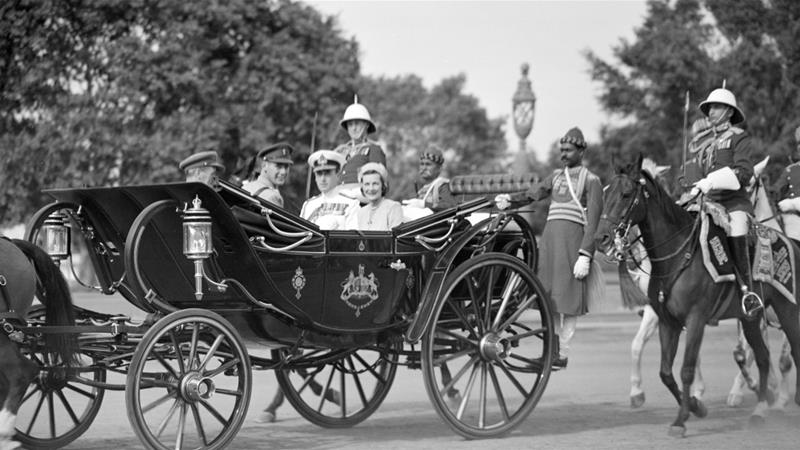
At Al Jazeera, anthropologist Jason Hickel writes about new research that attempts to calculate the amount of wealth that Britain expropriated from India during its 173 years of colonial rule. According to economist Utsa Patnaik, the sum is a staggering $45 trillion. As Hickel explains, this massive theft was perpetrated through nefarious taxation and trade practices, backed by brutal violence. Here’s an excerpt:
The East India Company began collecting taxes in India, and then cleverly used a portion of those revenues (about a third) to fund the purchase of Indian goods for British use. In other words, instead of paying for Indian goods out of their own pocket, British traders acquired them for free, “buying” from peasants and weavers using money that had just been taken from them.
It was a scam - theft on a grand scale. Yet most Indians were unaware of what was going on because the agent who collected the taxes was not the same as the one who showed up to buy their goods. Had it been the same person, they surely would have smelled a rat.
Some of the stolen goods were consumed in Britain, and the rest were re-exported elsewhere. The re-export system allowed Britain to finance a flow of imports from Europe, including strategic materials like iron, tar and timber, which were essential to Britain’s industrialisation. Indeed, the Industrial Revolution depended in large part on this systematic theft from India.
Image: Lord Louis Mountbatten, the last Viceroy of India, and his wife, Lady Edwina Mountbatten, March 22, 1947. Via Al Jazeera.